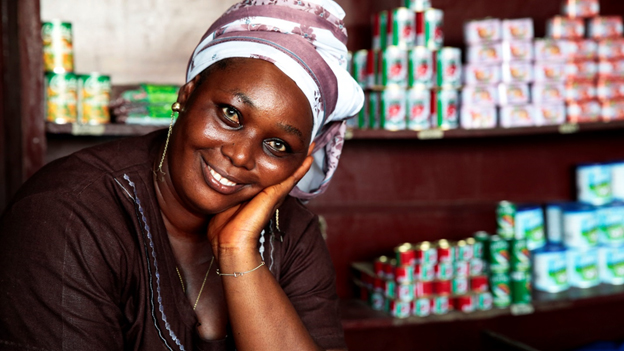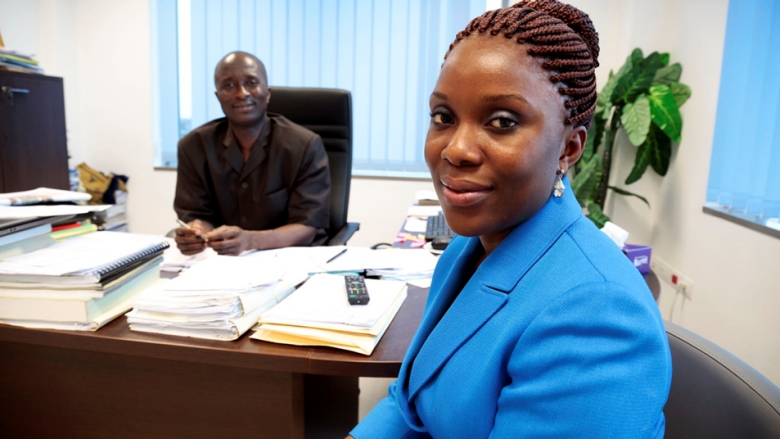Despite being launched at the height of the Ebola crisis in 2014, a to small and medium-sized businesses in one year. This increase in access to finance can help the economy recover from the effects of the crisis, and foster inclusive economic growth in a fragile and recently conflict-affected country.
Richard S Klah, Associate Judge at the Commercial Court of Liberia, said: “I believe the private sector is key to the development of any country, especially in a post-conflict country like Liberia. . Business is going to boom in the next few years.”
An online, easy-to-use platform, the collateral registry allows individuals and micro, small and medium-sized enterprises that do not have access to traditional collateral –such as land or real estate property – to register moveable assets as collateral in order to access loans from commercial banks. These moveable assets can be a car, a motorcycle, crops, agricultural equipment, accounts receivable, to name a few.


